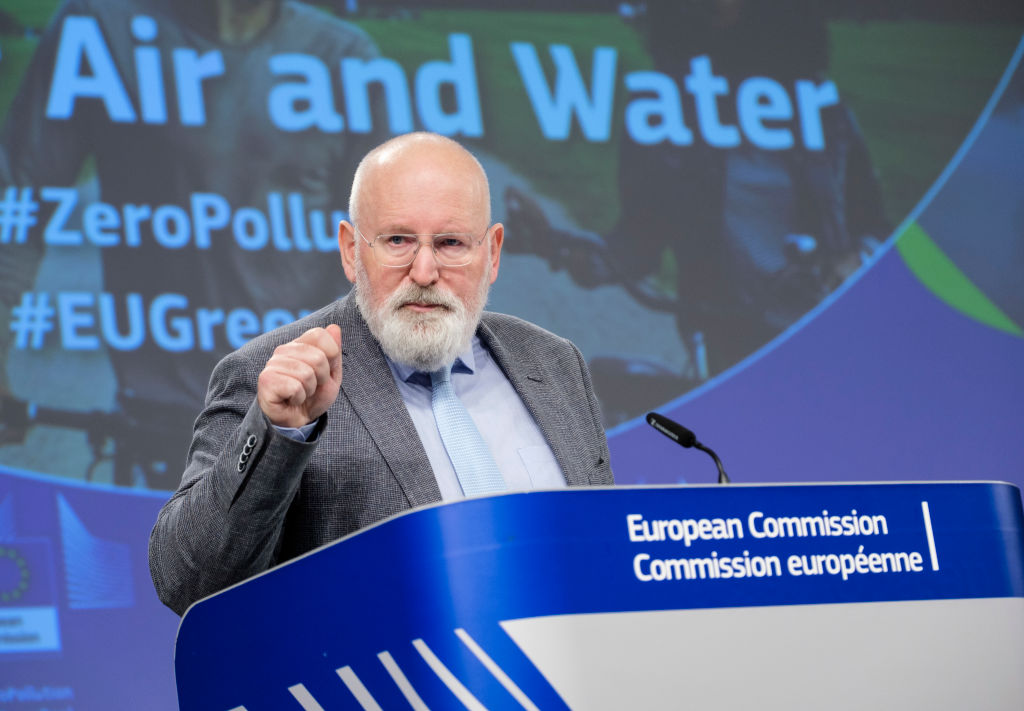Firefighters do not need extra help to fight electric vehicle (EV) blazes, the European Commission has declared.
“The Commission believes that the fire responders have by now developed a high level of expertise as regards the handling of fires in electric vehicles,” Internal Markets Commissioner Thierry Breton said.
His statement came after EC officials had been asked whether the body was considering adjustments to EV manufacturing laws to make it easier for emergency services to tackle fires. Eurocrats insisted that such regulation would be surplus to requirement.
Breton dismissed a suggestion that to enhance public safety the EU should examine regulating the “position of disconnection points” for the highly-flammable batteries used in EVs, arguing that such regulations would hamper competitiveness.
“The car manufacturers decide on the position of battery disconnect units (BDUs) based on technology, vehicle design and architecture of the rechargeable electric energy storage system,” the commissioner said.
“The Commission believes that design restrictions would not be justified and could have adverse implications for the future competitiveness of the EU automotive industry.”
He cited the fact that firefighters across the bloc were already attending international seminars “for first- and second-responders as regards the handling of such vehicles” as evidence that additional safety rules were not needed.
Breton’s rejection of tighter EV regulation comes amid heightened interest in the potential fire hazard posed by such vehicles.
EV fires often burn at higher temperatures and for much longer compared to more traditional vehicle blazes, with multiple reports indicating that it also takes much more water to put them out.
“They have to put like a whole f***ing lake on it to put them out,” one emergency responder in the US has said regarding EV fires.
The problem regarding EV fires involves the lithium-ion batteries often used in them, with the technology being prone to explosive chemical reactions when damaged, often resulting in blazes that are extremely difficult to control and extinguish.
The fire that recently engulfed a cargo ship off the Dutch coast, costing the lives of a crew member, was believed to have been caused by an EV catching light.
Emergency responders were unable to put out the blaze at first, eventually opting to tow the still-burning boat away from international traffic lanes in the hopes of dealing with it in a more “optimal location”.
The inferno was finally extinguished after several days and the burned-out wreck of the 18,600 tonne car carrier is now being towed to port for salvage, Dutch authorities said on August 3.
Stream Marine Training, a private health and safety company, has argued that the incident shows a need for increased fire safety training.
“Fires caused by batteries requires different firefighting action than a normal fire,” the group told Brussels Signal, calling for an update to the Standards of Training, Certification and Watchkeeping for Seafarers [STCW] curriculum.
“The current STCW training only covers traditional fires, so as a matter of urgency this needs to be looked at,” they added. “A review of the STCW training is due to be carried out in 2025 but we would urge the [International Maritime Organization] to carry this out as soon as possible.”





